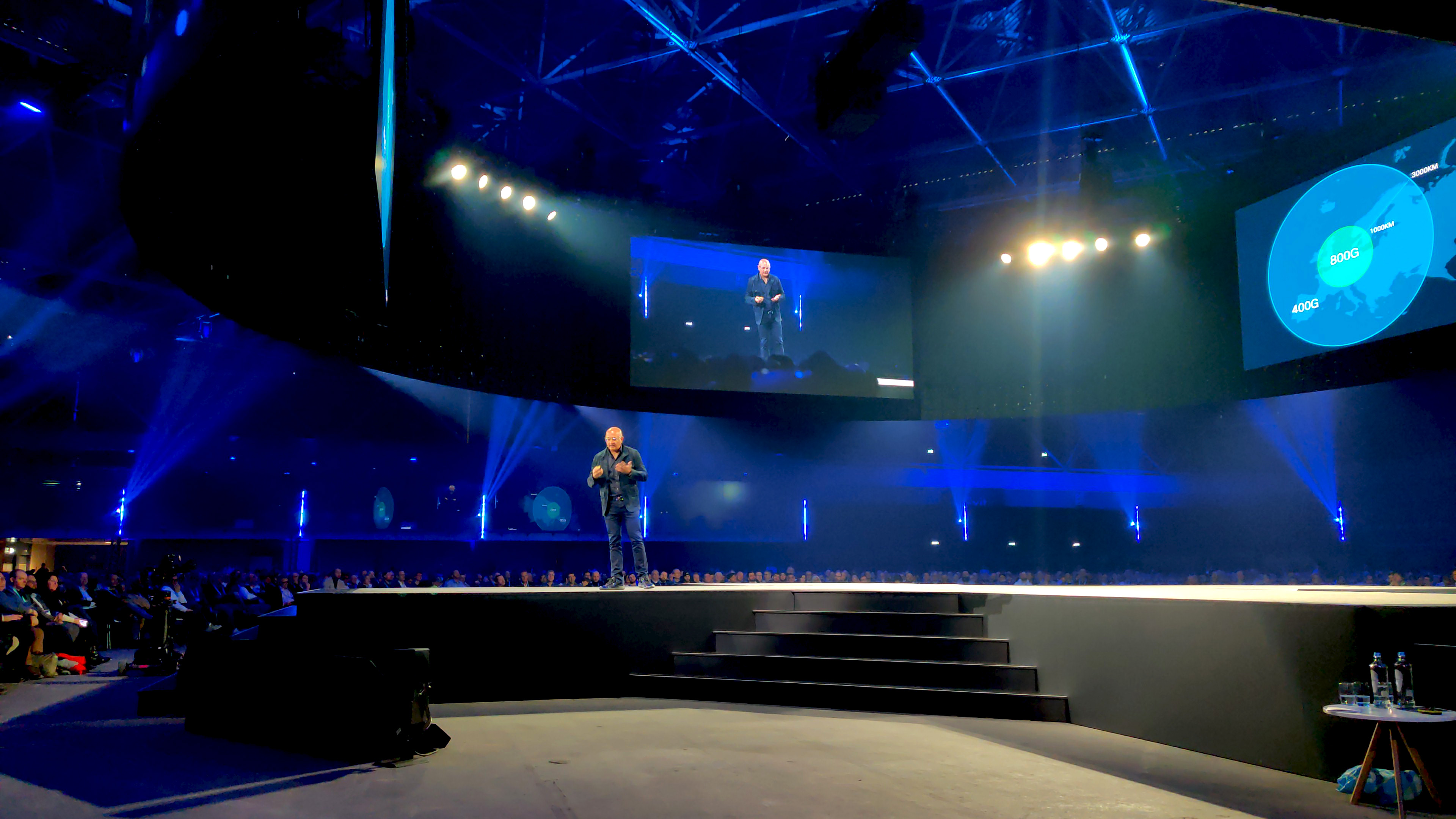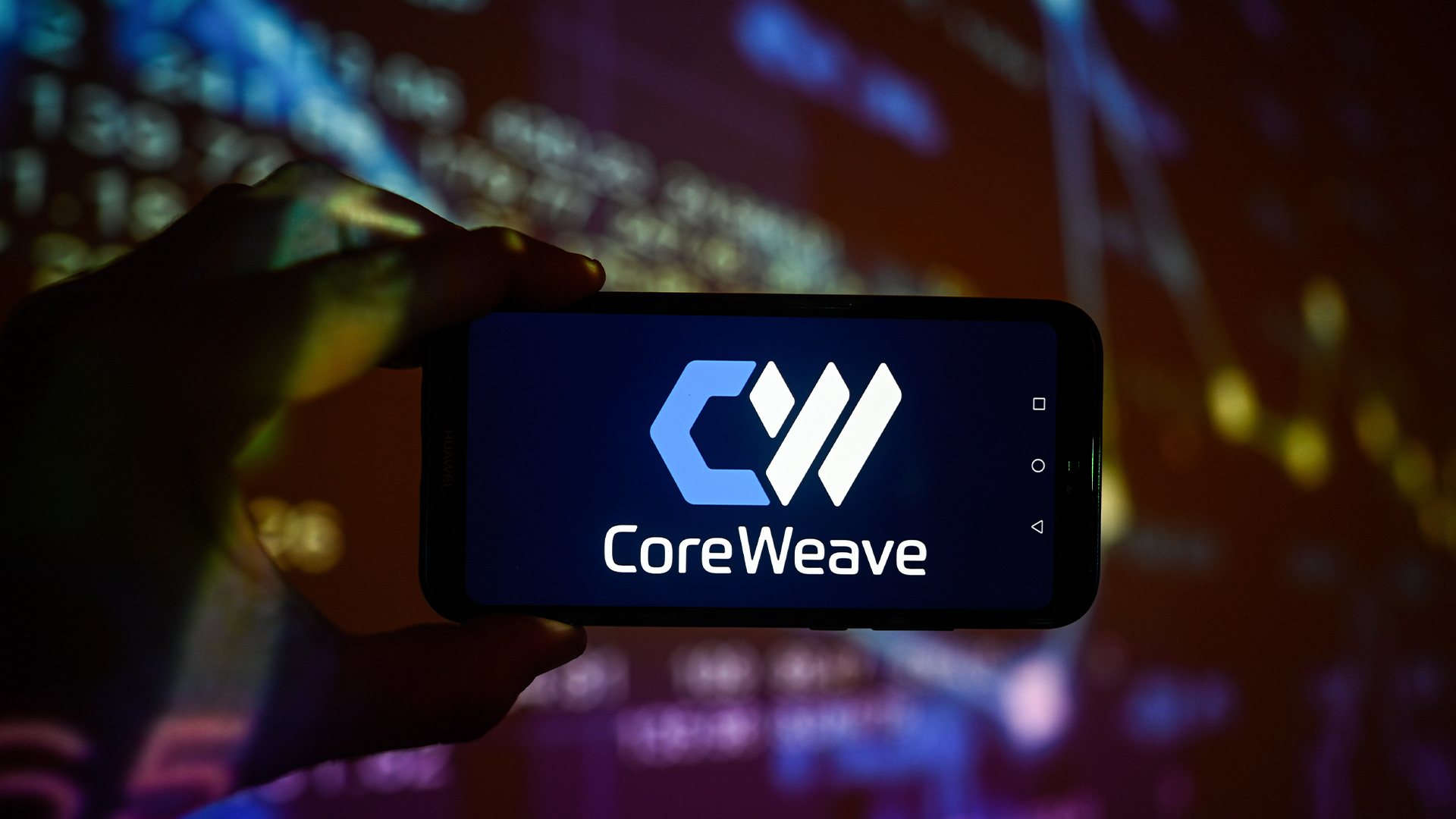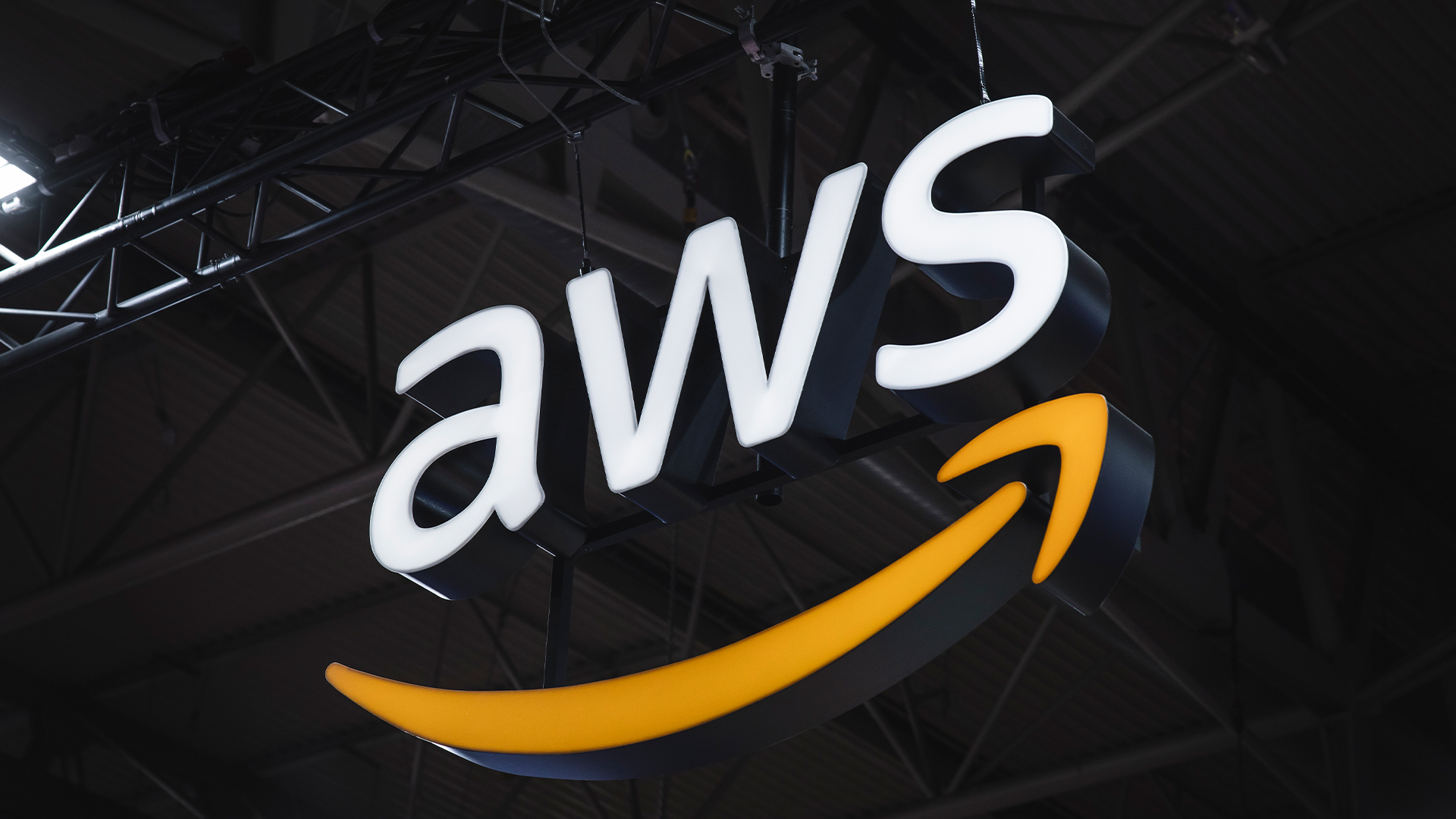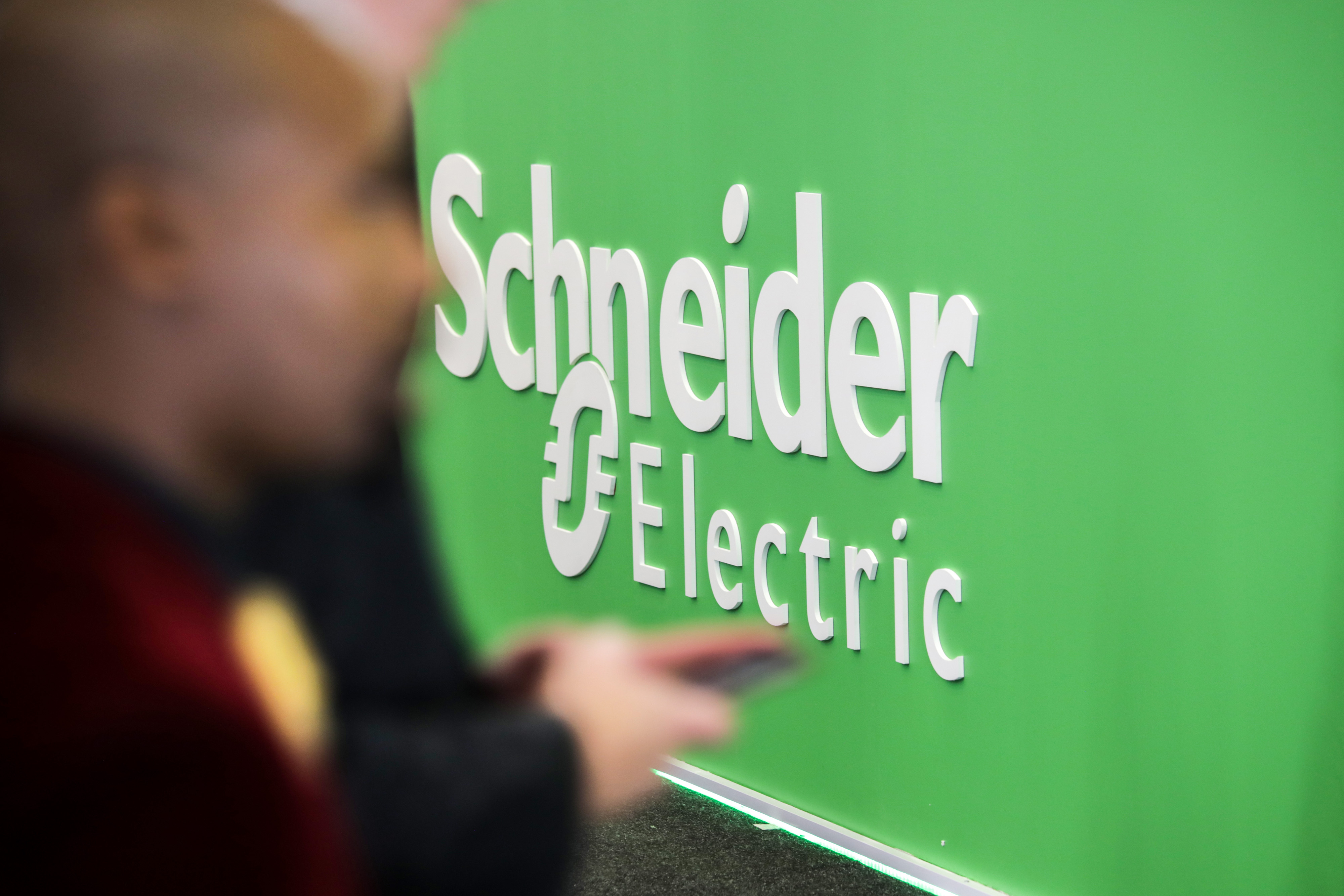57 suppliers sign up to supply Gigabit Voucher Scheme to SMBs
Local and national providers now offer SMBs broadband installation vouchers worth £3,000

Small businesses in the UK can now apply for gigabit broadband vouchers through 57 registered suppliers to help shave the costs of implementing super-fast fibre connections.
The government's Gigabit Broadband Voucher Scheme was first announced in March after it set aside 67 million to help support the rollout of fibre-to-the-home broadband, on top of the existing 95 million commitment outlined in the Spring Statement.
The initiative was designed to be supplier-led, with the government announcing that companies would need to go through an approval process before they qualify.
To date, 57 companies operating throughout the UK have been registered, and are now taking applications from SMBs hoping to shave up to 3,000 off the price of their fibre installation.
Suppliers include 2 Circles Communications, Beaming, Daisy Communications, Hyperoptic, Stream Networks, as well as bigger operators like Openreach and Virgin Media Business. WarwickNet, which was part of the scheme's early pilot study in Warwickshire and Coventry in November 2017, also operates nationally.
There are also a handful of local suppliers, including Boundless Networks, which operates in the North of England, and TrueSpeed Communications, which covers the South of England and Wales.
The full list of suppliers can be found (and filtered by postcode) here.
Get the ITPro daily newsletter
Sign up today and you will receive a free copy of our Future Focus 2025 report - the leading guidance on AI, cybersecurity and other IT challenges as per 700+ senior executives
Vouchers worth up to 3,000 for SMBs, and 500 for residents, are available directly through these providers. The voucher covers the cost of installation of connections capable of up to 1,000 Mbits/s, which includes any costs associated with the laying of new infrastructure.
The scheme is only open to those businesses that employ fewer than 250 people and have annual turnovers below 50 million, or an annual balance sheet total not exceeding 43 million.
Any businesses that have received more than the permitted de minimis aid (state aid) cap of 200,000 in the past three years are disqualified from the scheme, according to government terms and conditions.
While residents are also encouraged to apply for smaller grants, the process is more restrictive. Applications from homeowners must be made as part of a community effort, which must also include some small businesses.
By applying for a voucher you're also committing to a contract with that provider for a minimum of 12 months, six of which must be fully paid by the applicant, according to the government. If you're a business operating from multiple sites, one voucher can be used to cover the costs of more than one connection up to the maximum 3,000 value.
The scheme places a great deal of trust on suppliers to deliver connections to customers, as the government has said it won't be liable for costs to customers in the event of delays. This should be an important consideration for applicants, as the scheme requires any new connections supported by a voucher to be installed within 12 months, or the grant will be removed.
Providers are also not required to ensure a connection is delivering 1Gbps on day one, only that a line is capable at some point of reaching or exceeding 1Gbps upload or download at the time of installation, without the need for future hardware upgrades.
The rollout is part of a government strategy to have at least 10 million homes and businesses connected with fibre-to-the-home broadband, running cables directly to the door of a building rather than throttling traffic through a roadside cabinet.
Picture: Shutterstock
15/03/2018: UK gov gives full fibre voucher scheme the green light
The UK government will set aside a further 67 million as part of its commitment to connecting more homes and businesses with full fibre broadband, the Treasury announced today.
The investment, which comes in addition to the 95 million provided to cities as part of the Spring Statement, will appear in the form of the Nationwide Gigabit Broadband Voucher Scheme (GBVS) and be open to small or medium-sized businesses and homes.
Vouchers worth up to 3,000 for businesses and 500 for residents will be available directly from those internet providers that are signed up to the GBVS, intended to cover the costs of setting up new connections or laying new infrastructure for broadband capable of up to 1,000 Mbits/sec.
Following initial trials of the scheme in late 2017, which issued 1,000 vouchers to small businesses in Aberdeenshire, Bristol, Coventry and Warwickshire, and West-Yorkshire, the scheme has now been given the green light to expand nationally.
It's a slightly more reserved reimagining of a similar scheme launched in 2014, which was criticised for being too complicated and opaque. Before efforts were made to simplify the application process, the government had only managed to pay out 7.5 million from a pot of 100 million.
Commenting on today's announcement, chancellor Philip Hammond said it would mean "faster, more reliable broadband access as we build the digital infrastructure we need to make our economy fit for the future".
The government hopes to have fibre connections running to the doors of at least 10 million premises by 2022, whereas currently its thought only 3% of UK homes and businesses have access to superfast broadband.
The voucher scheme is designed to help support the delivery of goals set out by the 190 million Local Full Fibre Networks (LFFN) programme announced in the Spring Statement on Tuesday. Half of that fund has now been released, granting 95 million for the building of broadband infrastructure in Armagh City, Belfast, Blackpool, Cambridgeshire, Cardiff, Coventry, the Highlands, London, Manchester, Mid Sussex, North Yorkshire, Portsmouth, and Wolverhampton.
However, while the voucher scheme is open to residents, they will only be able to apply through a grouped community effort, which must also include some small businesses, according to the government. The scheme also stipulates that the total value of the vouchers given to residents mustn't exceed those given to businesses and that it may not be enough to cover the full installation costs of gigabit connections.
In other words, provided that the scheme is able to connect businesses alongside residents, and that businesses are the biggest beneficiary, homeowners are able to sign up.
This is the latest in a string of recent government efforts to modernise internet infrastructure in the UK, both for the development of full fibre connections and to pave the way for 5G technology.
The government announced on Monday the winners of a 5G competition that saw six projects receive 2 million and 5 million in funding to explore potential use cases of 5G. A total of 25 million has been set aside for the trials, supporting projects targeting rural areas, tourism, transportation, healthcare, and agriculture.
Image: Shutterstock
Dale Walker is a contributor specializing in cybersecurity, data protection, and IT regulations. He was the former managing editor at ITPro, as well as its sibling sites CloudPro and ChannelPro. He spent a number of years reporting for ITPro from numerous domestic and international events, including IBM, Red Hat, Google, and has been a regular reporter for Microsoft's various yearly showcases, including Ignite.
-
 Bigger salaries, more burnout: Is the CISO role in crisis?
Bigger salaries, more burnout: Is the CISO role in crisis?In-depth CISOs are more stressed than ever before – but why is this and what can be done?
By Kate O'Flaherty Published
-
 Cheap cyber crime kits can be bought on the dark web for less than $25
Cheap cyber crime kits can be bought on the dark web for less than $25News Research from NordVPN shows phishing kits are now widely available on the dark web and via messaging apps like Telegram, and are often selling for less than $25.
By Emma Woollacott Published
-
 Google shakes off tariff concerns to push on with $75 billion AI spending plans – but analysts warn rising infrastructure costs will send cloud prices sky high
Google shakes off tariff concerns to push on with $75 billion AI spending plans – but analysts warn rising infrastructure costs will send cloud prices sky highNews Google CEO Sundar Pichai has confirmed the company will still spend $75 billion on building out data centers despite economic concerns in the wake of US tariffs.
By Nicole Kobie Published
-
 Cisco wants to capitalize on the ‘DeepSeek effect’
Cisco wants to capitalize on the ‘DeepSeek effect’News DeepSeek has had a seismic impact, and Cisco thinks it has strengths to help businesses transition to AI-native infrastructure
By Solomon Klappholz Published
-
 CoreWeave’s first two UK data centers are now operational
CoreWeave’s first two UK data centers are now operationalNews The company's European plans for this year also include new facilities in Norway, Sweden, and Spain
By Emma Woollacott Published
-
 AWS eyes ‘flexible’ data center expansion with $11bn Georgia investment
AWS eyes ‘flexible’ data center expansion with $11bn Georgia investmentNews The hyperscaler says the infrastructure will power cloud computing and AI growth
By Nicole Kobie Published
-
 Future-proofing operations
Future-proofing operationsWhitepaper The Foundational Role of IT Infrastructure and Connectivity Solutions in Achieving Business KPIs
By ITPro Published
-
 Quantitative analysis of a prefabricated vs. traditional data center
Quantitative analysis of a prefabricated vs. traditional data centerWhitepaper Apples to apples cost analysis between data centre types
By ITPro Published
-
 Battery technology for single phase UPS systems: VRLA vs. Li-ion
Battery technology for single phase UPS systems: VRLA vs. Li-ionWhitepaper An overview of li-ion batteries in comparison to VRLA batteries for singlephase UPS applications
By ITPro Published
-
 Architecting enterprise networks for the next decade
Architecting enterprise networks for the next decadeWhitepaper A new paradigm in network architecture
By ITPro Published